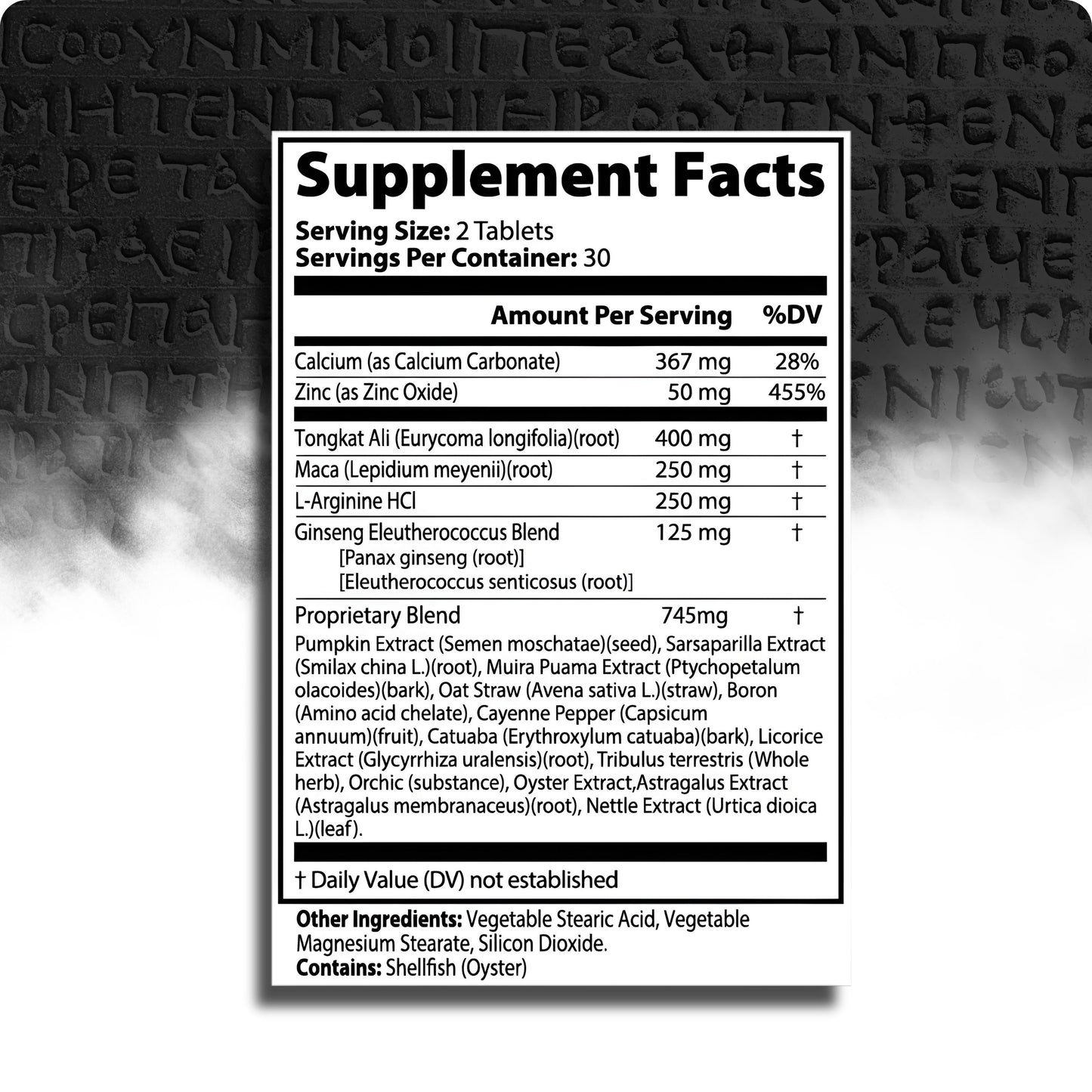Why many disciplined men are struggling with fat loss—and what science says is really behind it.
For years, the fitness industry has clung to a simple mantra:
“Eat less. Move more.”
And for many, it works—until it doesn’t.
Increasingly, coaches and clinicians are noticing a peculiar pattern among male clients: men who train regularly, track their macros, and stick to routines… yet cannot seem to drop the last 10–15 pounds of stubborn fat.
Not because they’re undisciplined.
Not because they’re overeating.
But because their bodies, quite literally, refuse to let it go.
The reason?
A hormonal shift happening silently inside millions of men.
Testosterone’s Role in Fat Mobilization
Testosterone has long been associated with muscle, libido, and motivation.
But what fewer men realize is that testosterone also plays a central role in fat metabolism.
When testosterone levels are optimal, the body is primed to respond to signals that trigger fat mobilization. It’s more insulin sensitive. More metabolically flexible. More inclined to burn fat for energy—especially around the midsection.
But when testosterone dips, even slightly, the metabolic equation changes.
Fat cells—especially in the lower abdomen and chest—become estrogenically active, converting excess aromatase into estradiol. The body, in turn, treats that fat as a valuable hormonal reserve.
So it holds on.
This is one reason many men find themselves in an endless cycle of low-calorie diets and cardio… only to plateau with the most stubborn fat untouched.
They’re not eating too much.
Their hormones are working against them.
“Normal” Isn’t Optimal
The challenge is that most men struggling with this issue won’t be flagged in a clinical setting.
Their bloodwork might show testosterone in the “normal” range.
But “normal” in 2025 often means 30–40% lower than the same range just two decades ago.
A 35-year-old man today has significantly less testosterone than his father did at the same age—even when controlling for weight and lifestyle.
One longitudinal study, published in the Journal of Clinical Endocrinology & Metabolism, found a decline of over 1% per year in average testosterone levels since the 1980s. That translates into real-world effects on strength, body composition, and energy—especially when compounded by stress and modern environmental exposure.
The Environmental Burden on Male Chemistry
From a hormonal standpoint, the modern world is uniquely hostile to male biology.
Phthalates in plastics, parabens in skincare, microplastics in water, pesticides in food, artificial light at night—all contribute to what researchers call endocrine disruption.
These compounds mimic or block hormonal pathways in subtle but meaningful ways. They increase estrogenic activity, suppress luteinizing hormone (LH), and interfere with the body’s natural testosterone signaling mechanisms.
It’s not that men are weaker.
It’s that their chemistry is under siege—often without their knowledge.
The Rise of Nutritional Testosterone Protocols
As awareness grows, a new solution is emerging—not through pharmaceuticals or synthetic hormones, but through targeted nutritional support designed to restore the body’s natural production pathways.
These protocols focus on three key pillars:
-
Releasing bound testosterone: Addressing sex hormone-binding globulin (SHBG) to increase free, active testosterone
-
Supporting the HPT axis: Enhancing hypothalamic-pituitary-testicular signaling for endogenous production
-
Lowering estrogenic burden: Reducing aromatase activity and environmental estrogen exposure
One such protocol gaining traction is known as The Greek God Protocol—a structured, research-backed system built around dietary optimization, micronutrient support, and recovery alignment.
At its core is a clinical-grade natural formula called ALPHAZEUS.
Formulated with ingredients like:
-
Zinc and Magnesium, known to support LH and testosterone synthesis
-
Boron, to reduce SHBG and increase bioavailable testosterone
-
Shilajit, a mitochondrial compound studied for its role in total T and energy output
-
Vitamin K2, for its androgen receptor activation role at the cellular level
ALPHAZEUS is not a testosterone booster in the traditional sense.
It’s designed to restore the foundation, allowing the body to recalibrate its own hormonal rhythm—naturally.
From Frustration to Fat Loss
For many men, the first realization isn’t about aesthetics.
It’s about performance.
Mood.
Drive.
And for those who’ve been stuck in a metabolic plateau despite discipline, the revelation that fat loss is as much chemical as caloric is liberating.
“I wasn’t doing anything wrong,” one user wrote.
“My body just wasn’t in a state where it could let go of fat—until I fixed what was happening underneath.”
It’s not an excuse.
It’s an explanation.
And for those willing to step beyond calories and macros, and address the actual signal driving their metabolism, it could be the missing link.
Explore The Greek God Protocol →
Regain your hormonal edge. Reshape your body from the inside out.





